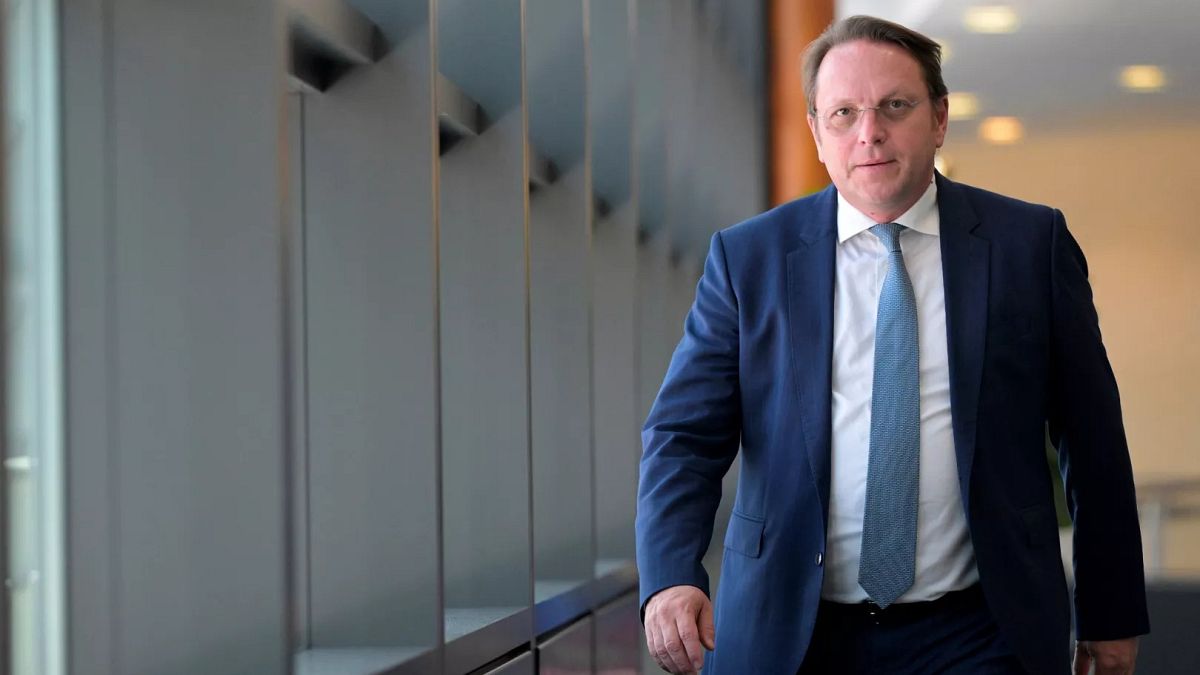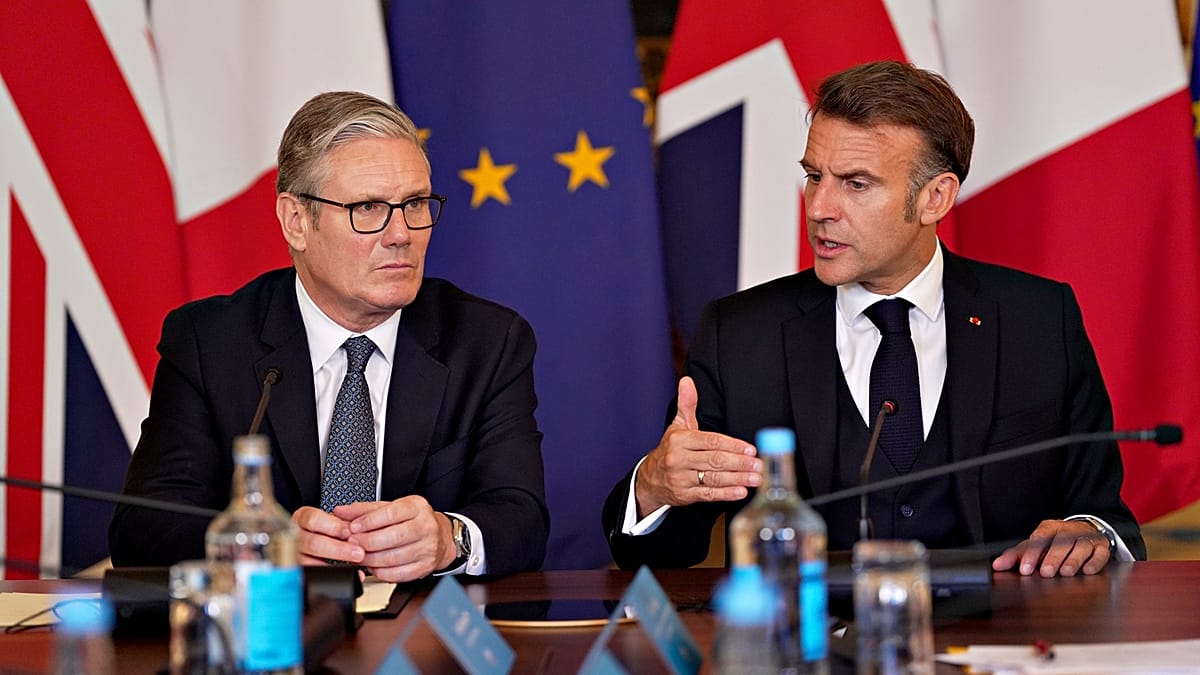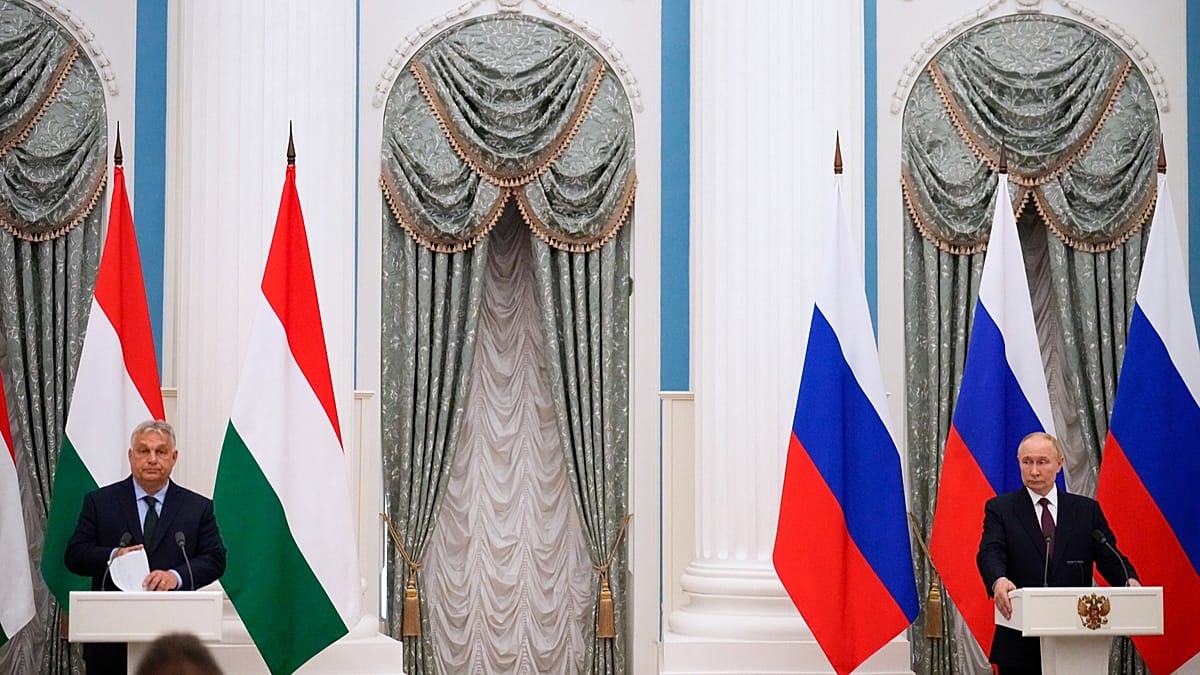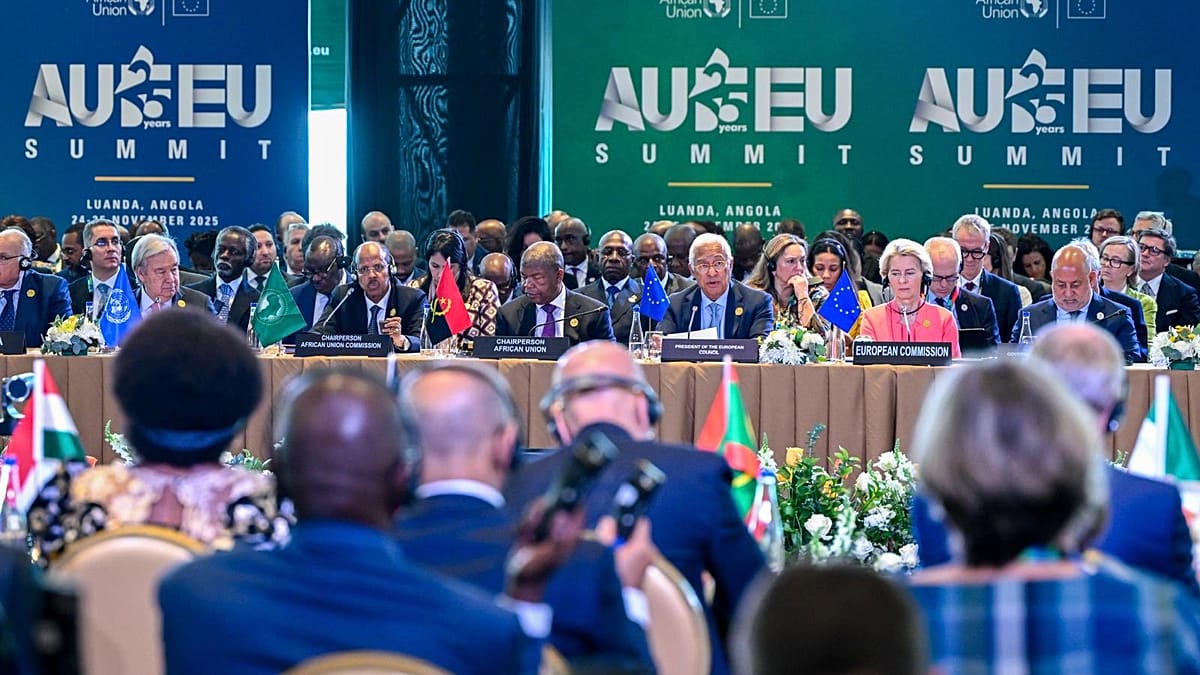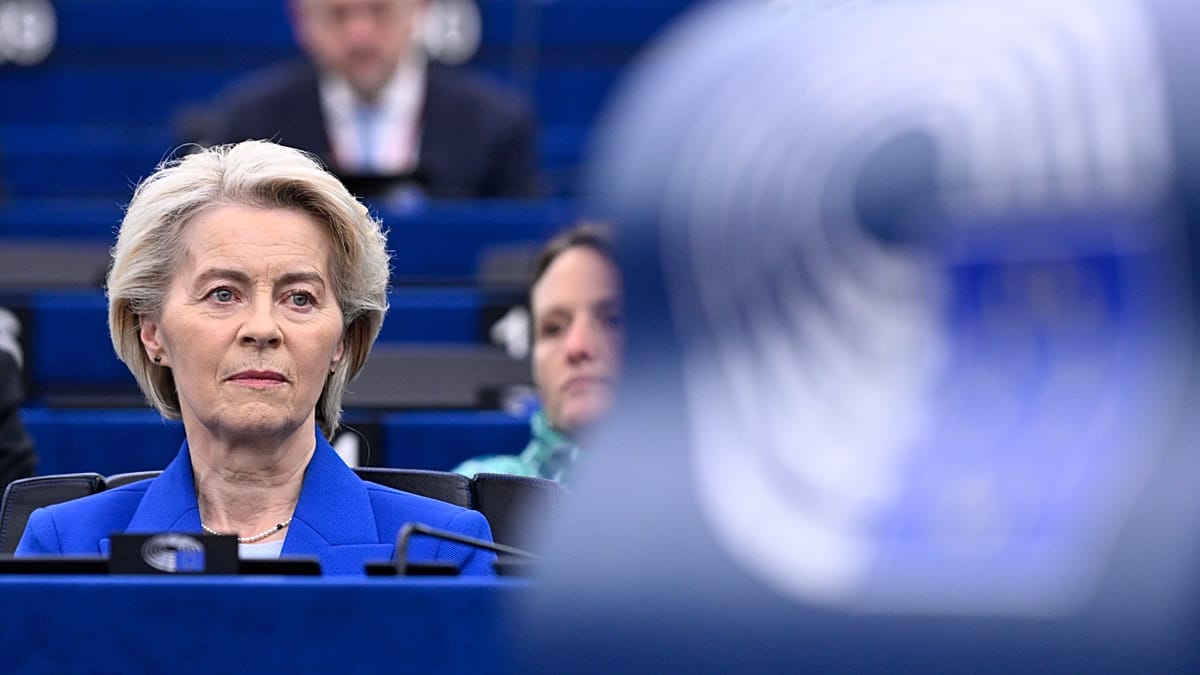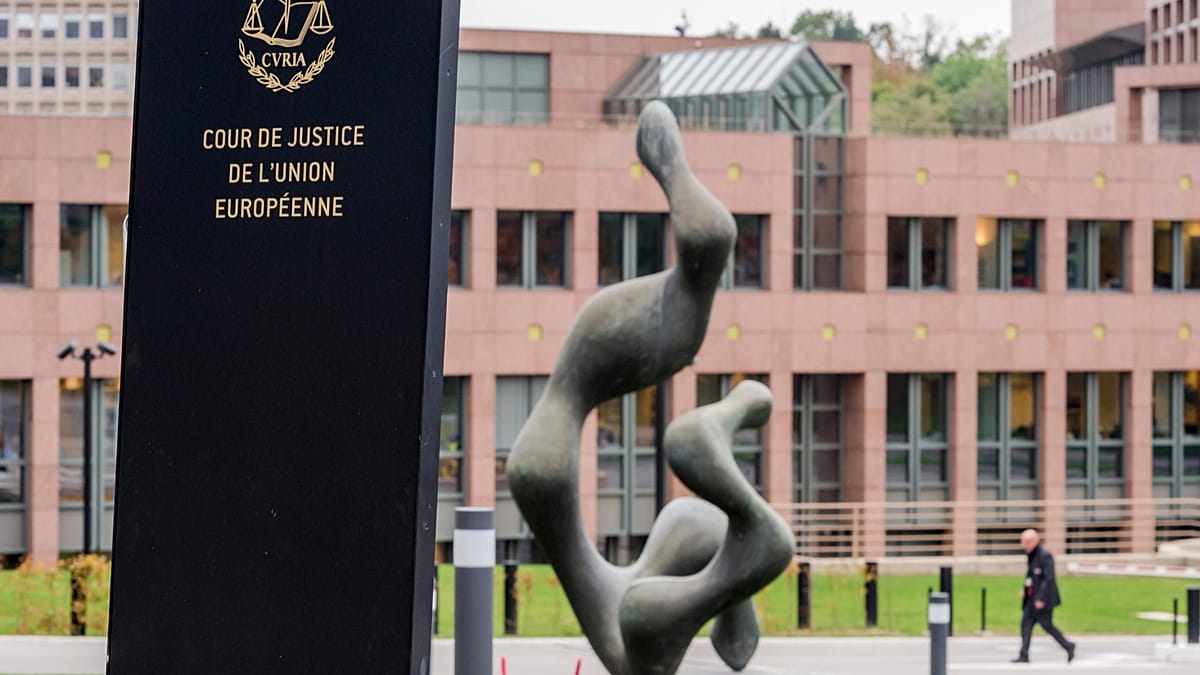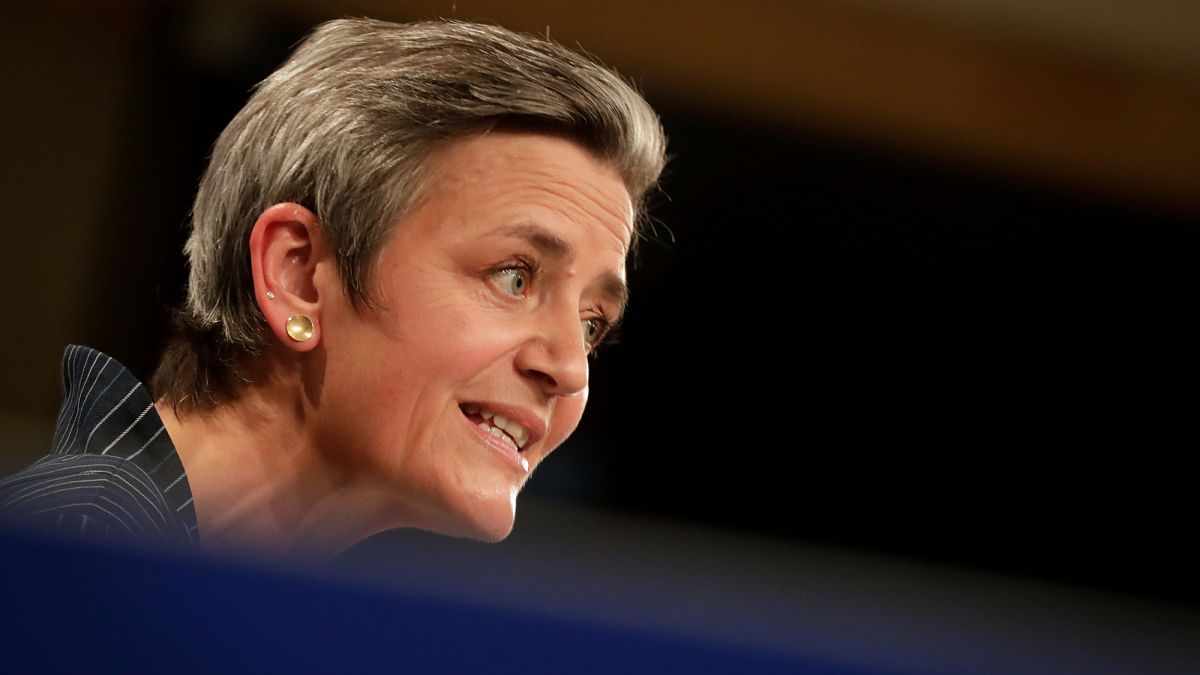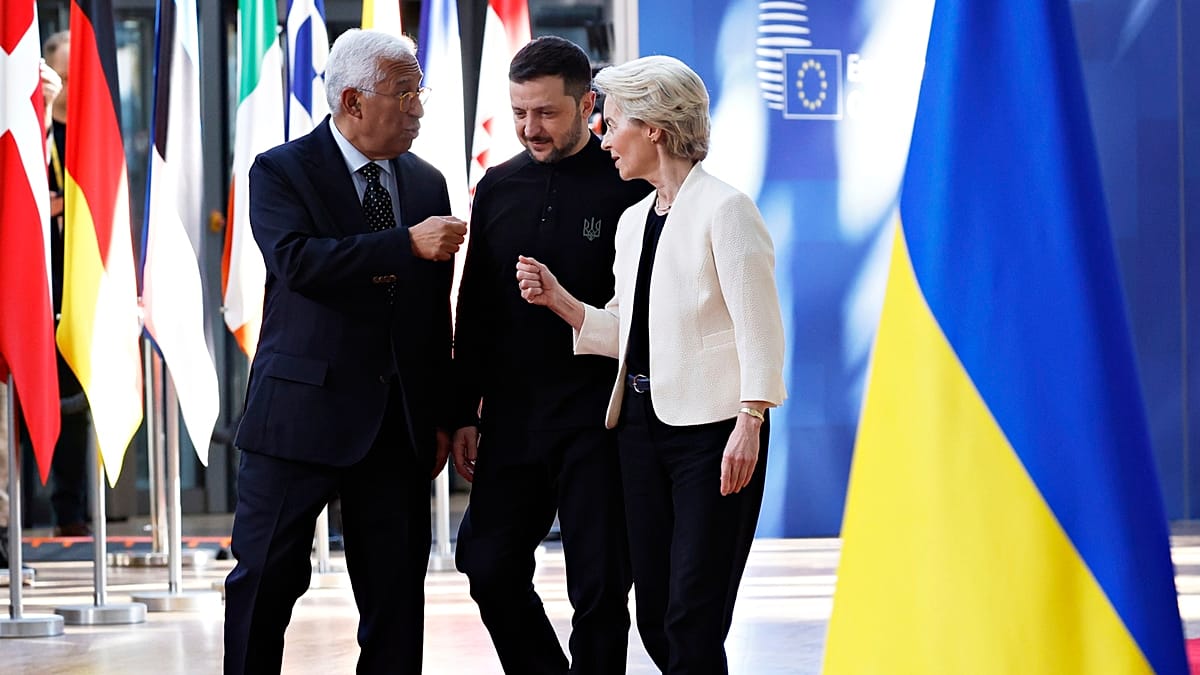Published on
ADVERTISEMENT
Pressure mounts on the Hungarian European Commissioner for Health Olivér Várhelyi, after an investigation by several media outlets claimed that an alleged spy ring was operated from Hungary’s permanent representation in Brussels at the time when he was ambassador there.
According to the outlets, the alleged spy ring was actively recruiting Hungarian nationals as informants to gain access to sensitive Hungarian files.
It is not clear whether Várhelyi was aware of covert intelligence operations against EU institutions from his embassy. But now European Commission President Ursula von der Leyen wants to discuss the matter with Várhelyi.
“It is indeed the intention of president von der Leyen to raise it with Commissioner Várhelyi at the earliest convenience,” Commission spokesperson Paula Pinho told journalists.
On Thursday, the Commission announced the establishment of an internal working group to launch a probe into the allegations.
Most of those activities allegedly happened between 2012 and 2018, during a period when relations between Budapest and Brussels soured over questions regarding rule of law, democracy, and media freedom in Hungary.
Between 2015 and 2019, the embassy was led by Várhelyi.
EU law experts ask whether Várhelyi can stay on
In a letter addressed to the European Parliament, seen by Euronews, 60 professors from 30 European countries question whether Várhelyi can continue to serve as Commissioner.
The letter, signed by the Good Lobby professors, including Alberto Alemanno, reminds parliamentarians that the alleged activities around Várhelyi would appear fundamentally incompatible with the principle of independence required of all Commissioners.
Those principles are enshrined in the Treaty on European Union (TEU), together with the principle of loyalty to the union, which requires Commissioners to act solely in the general interest of the 27-member bloc and to refrain from any action incompatible with their duties.
The scholars, who sent the letter to the chairs of Parliamentary committees that earlier approved Várhelyi’s candidacy to the post, said that the issue could potentially undermine trust in the EU institutions.
Transparency International (TI) has demanded that the European Parliament establish an inquiry committee into the issue. According to TI, a swift and decisive institutional response is needed.
“If true, these disgraceful allegations that Hungary sought to spy on the EU itself further demonstrate (Prime Minister) Viktor Orbán’s flagrant disregard for the rule of law across the union,” Nick Aiossa, director at Transparency International, said.
So far, neither the Hungarian permanent representation in Brussels nor Várhelyi have reacted to the allegations since they were made public.
Hungary’s Foreign Minister Péter Szijjártó played down the issue on Thursday when asked about the allegations in the Hungarian parliament.






